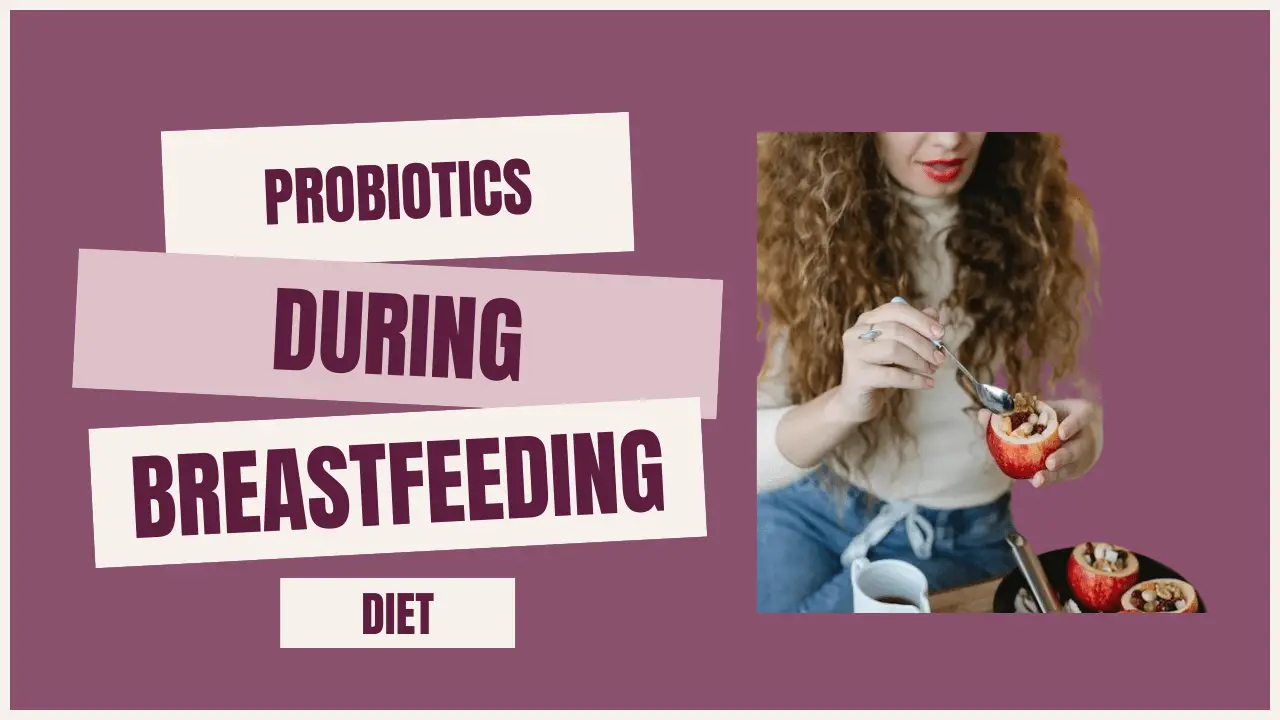Expert Tips on Breastfeeding and Weight Loss After 6 Months
Discussing breastfeeding and weight loss after 6 months is crucial because many mothers seek effective ways to return to their pre-pregnancy weight while ensuring their baby’s nutritional needs are met. After a mother has been nursing for six months, she is often at a turning point where she is prepared to concentrate on her health and fitness. Finding a way to balance these objectives is essential for a successful postpartum experience. By now, mothers may be able to implement a systematic weight loss strategy with greater reliability, as the baby’s eating patterns have stabilized. It’s critical to go into this procedure with reasonable expectations and to prioritize general well-being over quick weight loss. How Breastfeeding Aids in Postpartum Weight Loss: Breastfeeding naturally burns calories, helping mothers lose weight. Breastfeeding and weight loss after 6 months become more noticeable as the body continues to use energy to produce milk. A moderate workout is equivalent to the 300–500 calories that nurses can expend each day on average. Over time, this organic calorie burn can play a major role in helping people lose weight gradually and healthily. Breastfeeding also causes the release of hormones such as oxytocin, which facilitates the uterus’s contraction and faster return to its pre-pregnancy size. Additionally, this procedure can help lower total body weight. But it’s crucial to keep in mind that every person’s experience with weight loss during nursing is unique. Understanding the Metabolic Impact of Breastfeeding The relationship between breastfeeding and weight loss after 6 months is rooted in the metabolic changes that occur in a mother’s body. Breastfeeding requires a significant amount of energy to produce milk, which can lead to a natural calorie deficit. Breastfeeding can burn anything from 300 to 500 calories a day on average. This calorie expenditure is similar to that of a moderate workout session, which helps mothers gradually lose weight without drastic dietary changes. Hormonal Changes and Weight Regulation Breastfeeding also triggers the release of hormones like oxytocin, which plays a crucial role in postpartum weight loss. Oxytocin helps the uterus contract and return to its pre-pregnancy size, contributing to overall weight reduction. Additionally, this hormone can promote a sense of well-being and reduce stress levels, which can further support weight management efforts. Sustained Caloric Burn and Long-Term Benefits The baby’s feeding habits may settle after the first six months, which would result in more consistent energy use. Even after the mother starts adding solid meals to her baby’s diet, the prolonged caloric expenditure from nursing keeps the weight loss going. Because their bodies have adapted to the demands of breastfeeding, many mothers start to noticeably lose weight at this time. In summary, a combination of enhanced calorie burn, hormone modulation, and the long-term metabolic advantages of breastfeeding account for the science underlying breastfeeding and weight loss beyond six months. Mothers can better appreciate how nursing helps them lose weight while meeting their baby’s nutritional demands if they are aware of these physiological changes. Essential Nutrients for Breastfeeding Mothers: Maintaining a balanced diet is essential for breastfeeding and weight loss after 6 months. For the development of their child as well as their health, mothers must make sure they are eating adequate protein, healthy fats, and complex carbohydrates. Consuming a range of fruits, vegetables, complete grains, and lean meats will help control weight and supply the essential nutrients. Weight loss attempts can be maximized by avoiding empty calories and putting an emphasis on nutrient-dense diets. It’s also important to stay hydrated because nursing can make you thirstier. Getting enough water boosts metabolic processes and keeps the milk supply steady. Personalized food recommendations can be obtained by consulting with a nutritionist, ensuring optimal health for mother and child. Safe and Effective Postpartum Workouts: Incorporating exercise is vital for breastfeeding and weight loss after 6 months. Start with low-impact exercises that won’t tire you out, like swimming, walking, or postpartum yoga. These can help you regain your strength and endurance. As your body adjusts, progressively go on to more strenuous exercises like cardio and strength training. Finding pleasant hobbies can help make being active easier and more sustainable. Consistency is crucial. Exercises that strengthen the pelvic floor and core—which may have weakened during pregnancy—should be your main focus. Frequent, short workouts can be just as productive as longer ones and can be easier to manage. Always pay attention to your body’s needs and see a doctor before beginning a new fitness program. Balancing Nutritional Needs with Weight Loss Goals: Achieving breastfeeding and weight loss after 6 months requires balancing calorie intake with physical activity. Experts recommend consuming nutrient-rich foods that provide sustained energy for both mother and baby. Meal planning can help ensure you’re meeting your nutritional needs while maintaining a calorie deficit for weight loss. Pairing this with a regular exercise routine tailored to your fitness level can create a comprehensive approach to postpartum health. Tracking your food intake and physical activity can help you stay accountable and make adjustments as needed. Remember that weight loss should be gradual to avoid affecting milk supply and to ensure sustainable results. Real-Life Examples of Postpartum Weight Loss: Hearing success stories about breastfeeding and weight loss after 6 months can be incredibly motivating. Numerous women have talked about their experiences getting back to their pre-pregnancy weight by combining regular exercise with a nutritious diet. These tales frequently emphasize the value of perseverance, patience, and the assistance of medical specialists. Experiences from real life can offer insightful advice and support to those following in similar footsteps. Every mother’s experience is different, so what suits one might not suit another. Recognizing little accomplishments along the road might help you stay motivated and upbeat. Gaining knowledge from the experiences of others can foster a sense of community and fresh tactics. Conclusion: In conclusion, focusing on breastfeeding and weight loss after 6 months involves a holistic approach that combines a balanced diet, regular exercise, and expert guidance. By following the tips outlined above, mothers can achieve their … Read more









